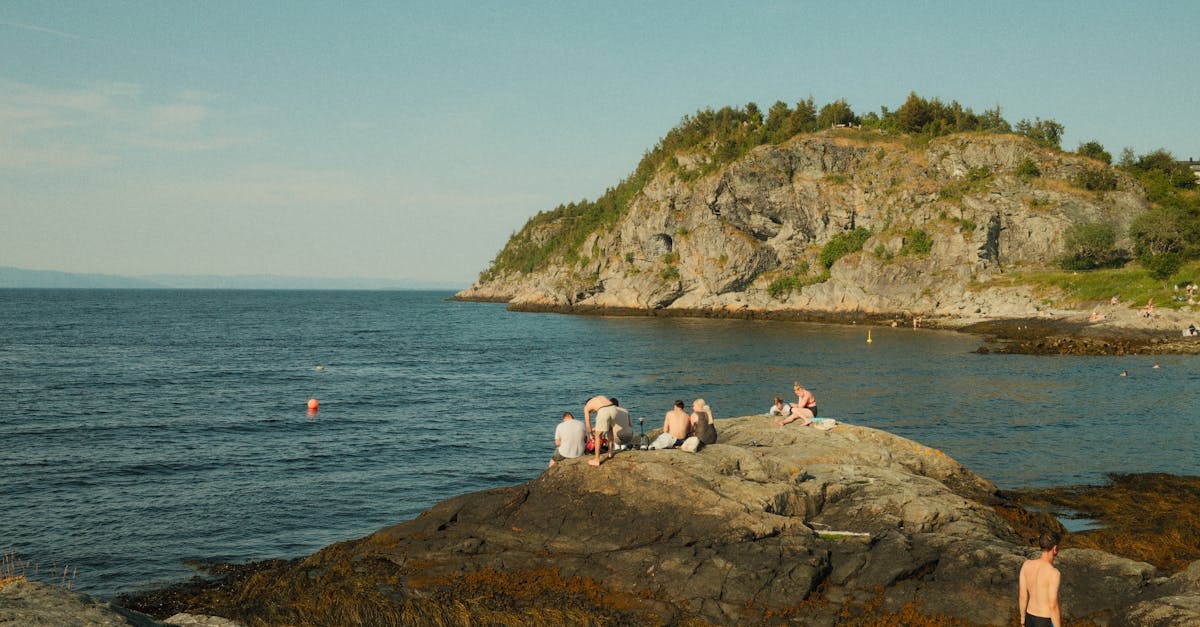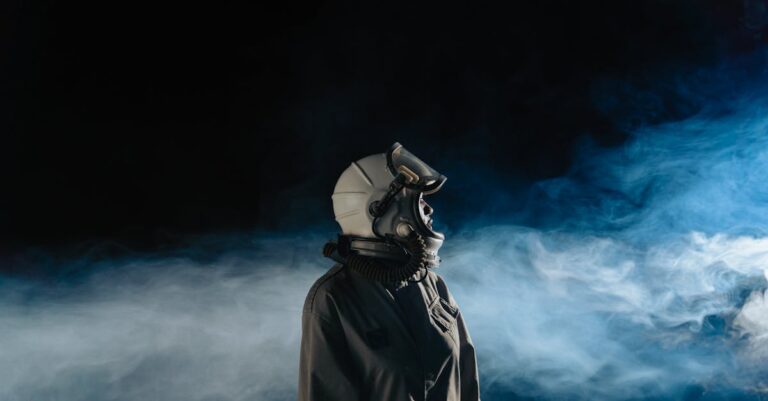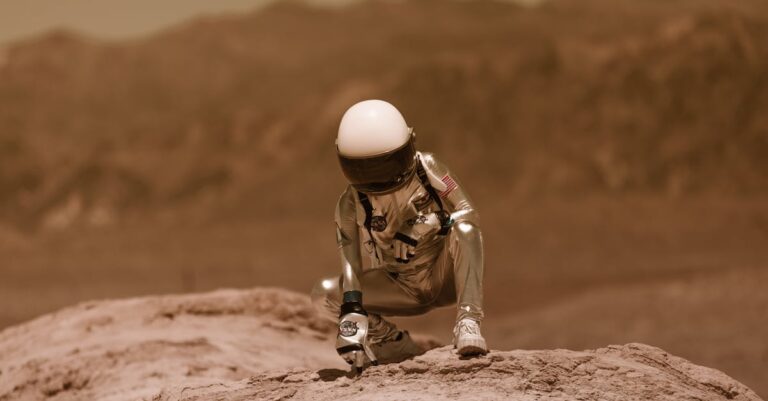
The salt air bit through Clara’s jacket as she stepped off the creaking dock, her boots crunching over gravel. The harbor lay still, its surface a sheet of oil, reflecting the bruised sky. She hadn’t been back in six years—not since the night her father vanished, leaving only a single page from his journal, ink smudged by rain. Now the town’s whispers had turned to a low hum, a sound she’d learned to ignore. But the note in her pocket—scrawled in his shaky hand—had torn that silence apart.
*They’re not gone. They never left.*
Clara tightened her grip on the paper. The dock’s planks groaned beneath her as she walked, the scent of brine and rotting wood thick in her nose. The town’s storefronts stood like skeletal remains, their windows fogged with time. She passed the bakery, its sign rusted and leaning, and the library, its door ajar as if someone had left in a hurry. No one was here. Not really.
She reached the edge of the cliffs, where the road ended in a jagged cliff face. Below, waves slammed against rocks, sending sprays of water into the air. Clara climbed the rusted ladder, her fingers finding purchase on the cold metal. At the top, she stared out at the horizon, where the sea met the sky in a seamless gray. Her father’s boat had disappeared here, its mast swallowed by the tide.
A voice cut through the wind. “You shouldn’t be here.”
Clara spun. A boy stood at the base of the cliff, his dark hair plastered to his forehead by the spray. He was older than her, maybe seventeen, his jeans caked with mud. His eyes were the color of storm clouds.
“Who are you?” she asked.
“Name’s Jace. You’re the one who came back for answers.”
Clara’s pulse quickened. “How do you know about my father?”
Jace stepped closer, his boots crunching on gravel. “Because I saw him. The night he left.”
The wind howled, and Clara felt the world tilt. “Where?”
“Out there.” He pointed to the sea. “He wasn’t alone. Something pulled him under.”
“What do you mean, something?”
Jace’s jaw tightened. “I don’t know. But the tide doesn’t give back what it takes. Not ever.”
Clara’s fingers curled around the note. “Then why did he go?”
A shadow passed over Jace’s face. “Because he thought he could stop it.”
The words hung between them, heavy as the air. Clara opened her mouth to ask more, but Jace was already turning away, his figure blending with the mist. “Stay out of the water,” he called over his shoulder. “Or you’ll end up like him.”
Clara stood there long after he vanished, her breath shallow. The note felt like a live wire in her hand. She had to know the truth. Even if it drowned her.
—
The next morning, Clara found the journal in her father’s study, hidden beneath a loose floorboard. The pages were yellowed, the ink faded but legible. Entries from years ago detailed his work as a marine biologist, his obsession with the local tides. Then came the strange symbols—drawings of spirals and jagged lines, annotated with frantic notes: *The current isn’t natural. It’s watching. It’s learning.*
She flipped to the last entry. The date was two weeks before his disappearance. *They’re coming. I can feel it. The water’s different now. It’s… alive. I have to leave before it’s too late.*
A knock at the door startled her. Clara stuffed the journal into her backpack and opened it to find Mrs. Hale, the town’s elderly librarian, her face pale beneath her woolen hat.
“You shouldn’t be here,” Mrs. Hale said, her voice thin as paper.
Clara frowned. “I live here.”
“Not anymore. Not since the tide took your father.” The woman’s eyes darted to the window, as if something might be listening. “You don’t understand what’s happening. The sea doesn’t forgive. It never has.”
“What are you talking about?”
Mrs. Hale hesitated, then stepped closer. “Your father wasn’t the first. Others disappeared over the years—sailors, fishermen, even a few kids your age. They just… vanished. No bodies, no clues. Just gone.”
Clara’s stomach twisted. “And you didn’t tell anyone?”
“What would be the point? The tide takes what it wants. And it always has.” Mrs. Hale’s voice dropped to a whisper. “But this time, it’s different. I can feel it. The water’s… hungry.”
Before Clara could respond, the door slammed shut behind her. She turned, but the room was empty. The air felt colder now, thick with the scent of salt and something else—something metallic, like blood.
—
That night, Clara returned to the cliffs, her flashlight cutting through the darkness. The sea roared below, its waves crashing with a rhythm that felt almost… deliberate. She climbed down the ladder, her hands slick with sweat, and waded into the water. It was colder than she expected, biting through her boots as she walked deeper.
A sound echoed from the depths—a low, guttural hum, like a whale’s song but wrong, distorted. Clara froze. The water around her began to swirl, forming a vortex that pulled at her legs. She tried to back away, but the current was stronger than she’d imagined, dragging her under.
She surfaced gasping, coughing up seawater. The vortex had vanished, leaving only the sound of her own ragged breaths. Clara stumbled back to the shore, her body trembling. She didn’t know what she’d seen, but it wasn’t natural. And it wasn’t done with her yet.
—
The next day, Clara found Jace waiting at the dock. He didn’t look surprised to see her.
“You went out there,” he said.
“I had to.”
Jace studied her, his expression unreadable. “You’re not like the others. They ran. You’re still here.”
“What do you mean?”
“The tide doesn’t just take people. It changes them. I’ve seen it. Those who survive… they’re not the same. Their eyes, their voices—they shift. Like the water itself is inside them.” He paused, his voice dropping to a whisper. “And you’re already feeling it, aren’t you?”
Clara didn’t answer. She could feel it—a low thrum in her bones, a pull she couldn’t explain. She thought of her father’s journal, the symbols, the way the water had moved when she’d gone into it. “What do we do?”
Jace’s eyes darkened. “We find the source. The place where it starts. But it won’t let go of you easily.”
“Then we’ll fight it.”
A flicker of something—respect, maybe—crossed Jace’s face. “You’d better. Because if you don’t, the tide will take you next.”
—
The following days were a blur of research and exploration. Clara pored over old newspapers, finding accounts of disappearances dating back decades. Jace led her to hidden caves along the shore, their walls etched with the same symbols from her father’s journal. They discovered a pattern—each cave marked a point where the tide had grown stronger, where the water’s pull had shifted.
One night, they found a journal belonging to a fisherman who’d vanished ten years earlier. His entries described the same sensations Clara felt: the hum in her bones, the shifting shadows in the water. The final entry was a single line: *It’s not the sea. It’s something else. Something waiting.*
Clara began to understand. The tide wasn’t just a force of nature—it was alive, ancient, and watching. It had been feeding on the town’s fear for years, growing stronger with each disappearance. Her father had tried to stop it, but he’d failed. Now it was after her.
—
The climax came on the night of the full moon. Clara and Jace stood at the edge of the cliffs, the sea churning below them. The air was thick with tension, the wind carrying whispers she couldn’t quite make out. Clara’s hands trembled as she clutched her father’s journal.
“This is it,” Jace said. “The tide will come for you. You have to fight it.”
“How?”
“You have to remember what it means to be human. The water takes what it can’t understand. But if you stand your ground, if you face it… it might let you go.”
Clara nodded, her heart pounding. She stepped forward, the waves crashing at her feet. The water rose, a wall of darkness and hunger. She felt the pull, the weight of it pressing against her skin. But she didn’t move.
“I’m not afraid,” she whispered.
The tide surged, but Clara stood firm. The water lashed at her, trying to drag her under, but she held on, anchoring herself in the memories of her father, the town, the life she’d fought to reclaim. Slowly, the current began to recede, its grip weakening. The sea groaned, a sound of frustration and defeat.
When the water finally stilled, Clara collapsed to her knees, her body soaked and trembling. Jace helped her up, his grip firm. “You did it,” he said.
Clara looked out at the sea, now calm and still. The tide had been stopped, but she knew it would return one day. And when it did, she’d be ready.
—
In the weeks that followed, the town began to heal. The whispers faded, replaced by a quiet understanding. Clara returned to her father’s study, the journal now a part of her history. She didn’t know if the tide would ever come again, but she was prepared.
As she stood at the edge of the cliffs one evening, watching the sun dip below the horizon, she felt a sense of peace. The water had taken much from her, but it hadn’t taken everything. And as long as she stood strong, it never would.


